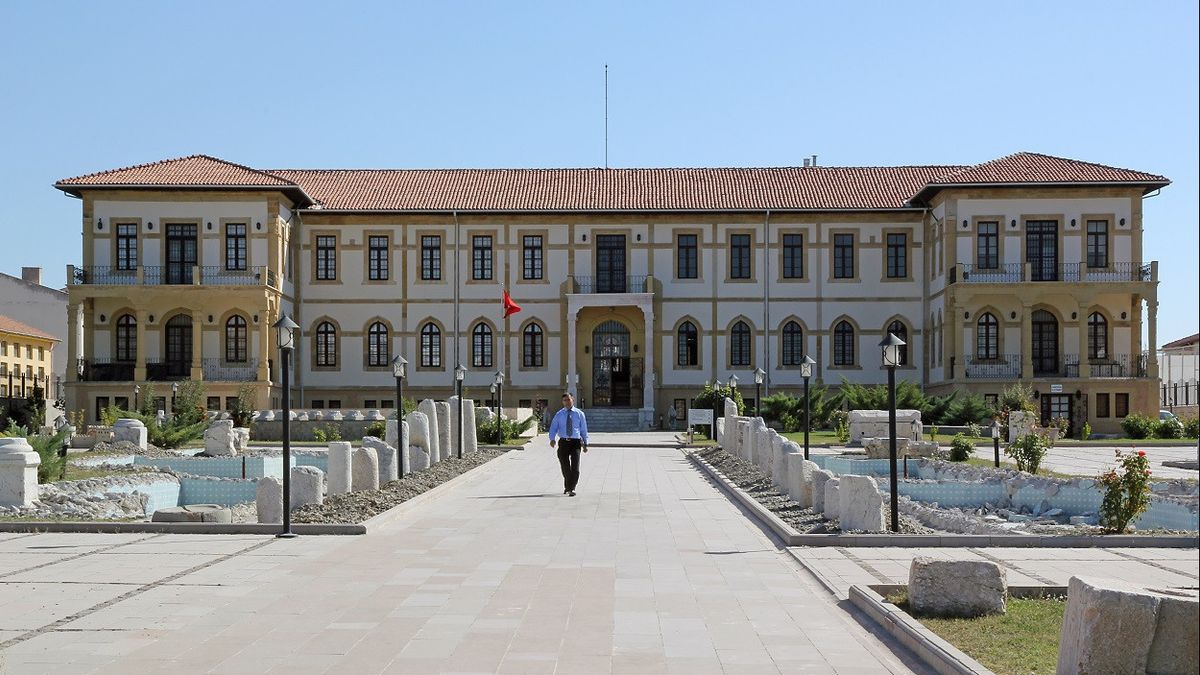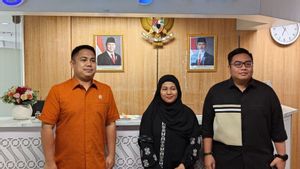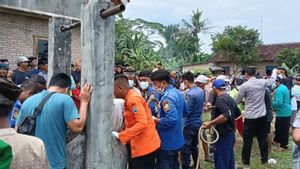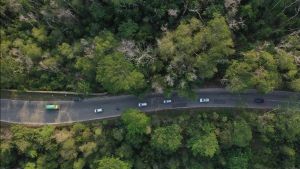JAKARTA - A man who was plowing his farm in Corum Province, Turkey found a rare ancient bracelet dating back 3,300 years from the Hittite era.
The farmer, who lives in Itli Village, Mecitözü District, found the bracelet while he was working on the farm and brought the ancient treasure to the Corum Museum.
Experts discovered that the artifact came from the ancient Hittite civilization and carried out restoration work. They then recorded it in the museum's inventory and included it in the collection.
The beautiful bracelet is made of bronze, nickel, silver and gold, decorated with depictions of Hittite symbols, including images of Itar/Auka and her attendants Ninatta and Leatherta.
Resul Ibiş, an archaeologist at the museum, told the Ihlas News Agency (IHA), the bracelet has been put on display for visitors.
"After initial evaluation, we realized this work was unprecedented and we had never seen anything like this before," he said, adding it was from the 13th century BC.
Ibiş also noted that the bracelet was deformed when it was brought to the museum and some parts were lost, but they returned it. Archaeologists also noted that there was very little Hittite-era jewelery and these pieces explain the civilization's jewelery style.
Corum is home to the ancient city of Hittite Hattusa, one of Turkey's most significant tourist destinations. It serves as an open-air museum with 6 kilometers (nearly 4 miles) of city walls, a monumental city gate, 71 meters (78 yards) of underground passages, a Hittite palace at Büyükkale, 31 excavated temples and ancient grain silos.
The site was added to the UNESCO World Heritage List in 1986, due to its well-protected architectural structures and excavation sites. The site has also held the UNESCO title "Memory of the World" since 2001, with cuneiform writing representing the oldest form of the Indo-European language.
To note, Hattusa became the capital of the Hittite Empire, which was one of the civilizations that played an important role in the development of urban life, at the end of the Bronze Age. The capital is Turkey's first national excavation site.
The English, Chinese, Japanese, Arabic, and French versions are automatically generated by the AI. So there may still be inaccuracies in translating, please always see Indonesian as our main language. (system supported by DigitalSiber.id)













